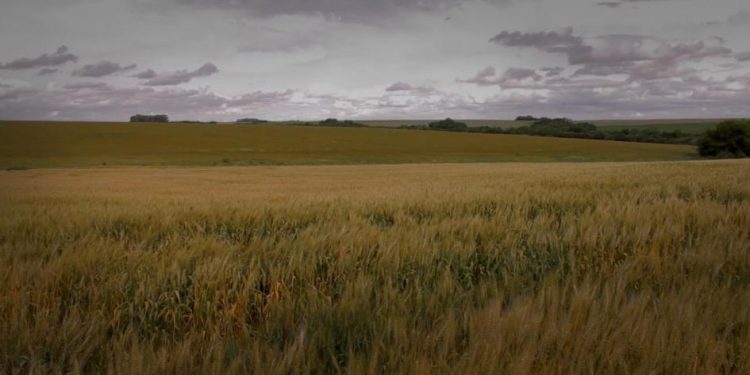How Uruguay is Advancing Soil Conservation Efforts and Promoting Sustainable Agricultural Practices
On July 7, 2024, the global community observed International Soil Conservation Day, a significant occasion dedicated to raising awareness about the importance of soil conservation and the implementation of effective agricultural practices. In Uruguay, this day was marked by a series of initiatives and recommendations from the Dirección General de Recursos Naturales (DGRN) under the Ministry of Livestock, Agriculture, and Fisheries (MGAP). This article explores the importance of soil conservation, highlights best practices for soil management, and reviews Uruguay’s ongoing efforts to promote sustainable soil use.
The Importance of Soil Conservation
Soil is a critical natural resource that supports agricultural productivity, biodiversity, and ecosystem health. The degradation of soil through practices such as erosion, compaction, and nutrient loss can severely impact agricultural yields and environmental quality. International Soil Conservation Day serves as a reminder of the need for effective soil management strategies to maintain and enhance soil health for future generations.
Key Soil Conservation Practices
To commemorate International Soil Conservation Day, the DGRN outlined several key practices for maintaining soil health and ensuring sustainable agricultural production. These practices are essential for minimizing soil degradation and fostering resilience in agricultural systems:
- Addressing Soil Compaction from Harvesting: During the harvest period, high soil moisture levels can lead to soil compaction and erosion. It is crucial to manage soil compaction by adjusting machinery and implementing corrective measures to ensure that soil conditions are optimal for the next planting cycle. This may include using equipment with wider tires, reducing machine traffic, and planning harvest operations to minimize soil disturbance.
- Managing Slope and Avoiding Erosion: Each agricultural situation is unique, with variables such as soil types, moisture conditions, and machinery types affecting soil management practices. A fundamental guideline is to avoid soil transit along the maximum slope to prevent erosion. Proper land management techniques, such as contour farming and terracing, can help manage slopes effectively and reduce soil loss.
- Planning and Implementing Effective Cover Crops: Planting cover crops is a proactive approach to protecting soil. Cover crops help to stabilize soil, prevent erosion, and improve soil structure. The selection of appropriate cover crops and the timing of their planting are critical to achieving the desired soil conservation outcomes. Effective cover cropping can also enhance soil fertility and support diverse microbial communities.
Uruguay’s Soil Conservation Policies and Initiatives
Uruguay has been proactive in developing and implementing policies aimed at soil conservation and sustainable land management. The MGAP’s efforts are reflected in various initiatives designed to support agricultural sustainability:
- Responsible Soil Use and Management Plans: These plans are tailored for different agricultural systems, including dryland farming, dairy production, and irrigation. The plans provide guidelines for responsible soil management practices to ensure long-term soil health and productivity.
- Soil Cartography: The creation of high-resolution soil maps at a scale of 1:40,000 provides valuable data for decision-making and land planning. These maps offer detailed information on soil properties, which can be used to develop effective soil management strategies.
- International Agreements and Alliances: Uruguay is an active member of the Global Soil Partnership and participates in international networks focused on soil conservation. These collaborations facilitate the sharing of knowledge, resources, and best practices for soil management on a global scale.
Case Studies and Success Stories
Several successful projects and initiatives illustrate the positive impact of soil conservation practices in Uruguay:
- Cover Cropping Programs: Local farmers have implemented cover cropping strategies that not only protect soil but also improve crop yields and soil health. These programs have been supported by government subsidies and technical assistance.
- Erosion Control Projects: Projects aimed at controlling erosion through the use of vegetation and engineered structures have demonstrated significant reductions in soil loss and improvements in land productivity.
Looking Ahead: Future Directions for Soil Conservation
The continued success of soil conservation efforts in Uruguay will depend on the ongoing commitment to implementing best practices and adapting strategies based on new research and technological advancements. Future directions may include:
- Expanding Educational Initiatives: Increasing outreach and education efforts to raise awareness about soil conservation among farmers and land managers.
- Investing in Research and Innovation: Supporting research into new soil conservation techniques and technologies to address emerging challenges in agriculture.
- Strengthening International Collaboration: Enhancing partnerships with global organizations to share knowledge and resources for effective soil management.





